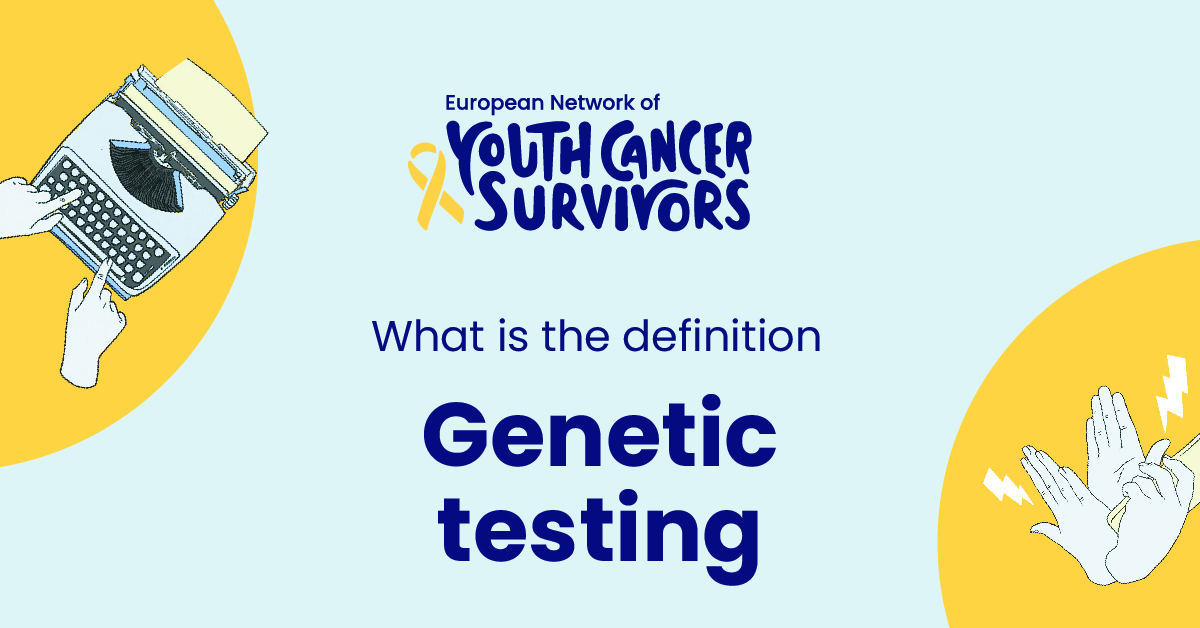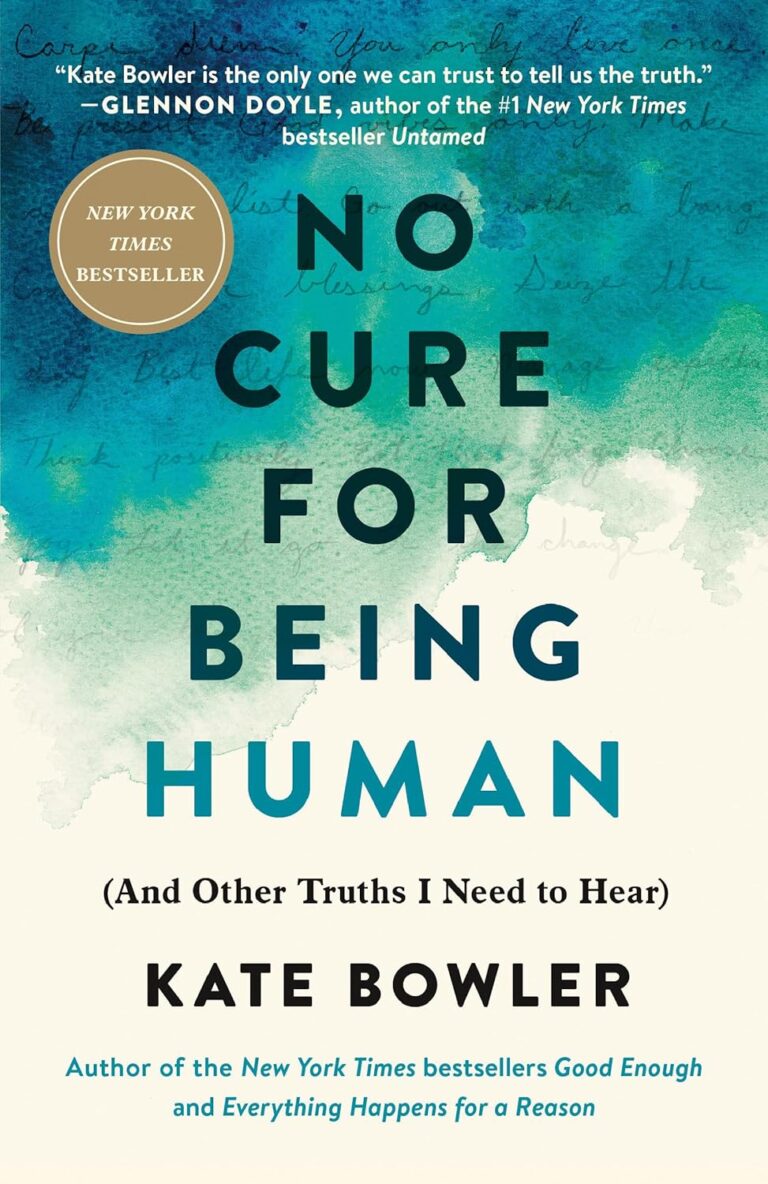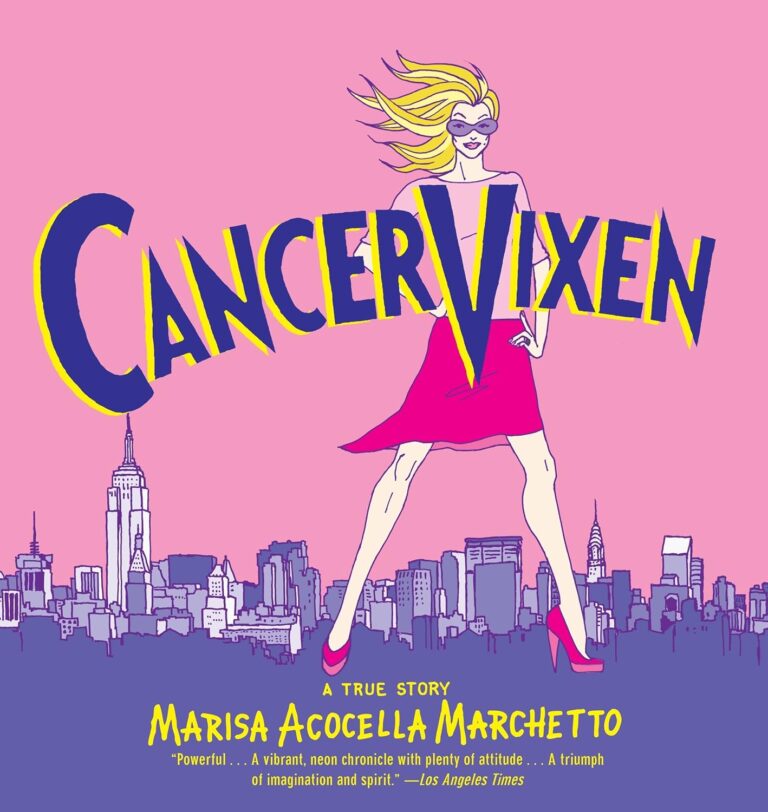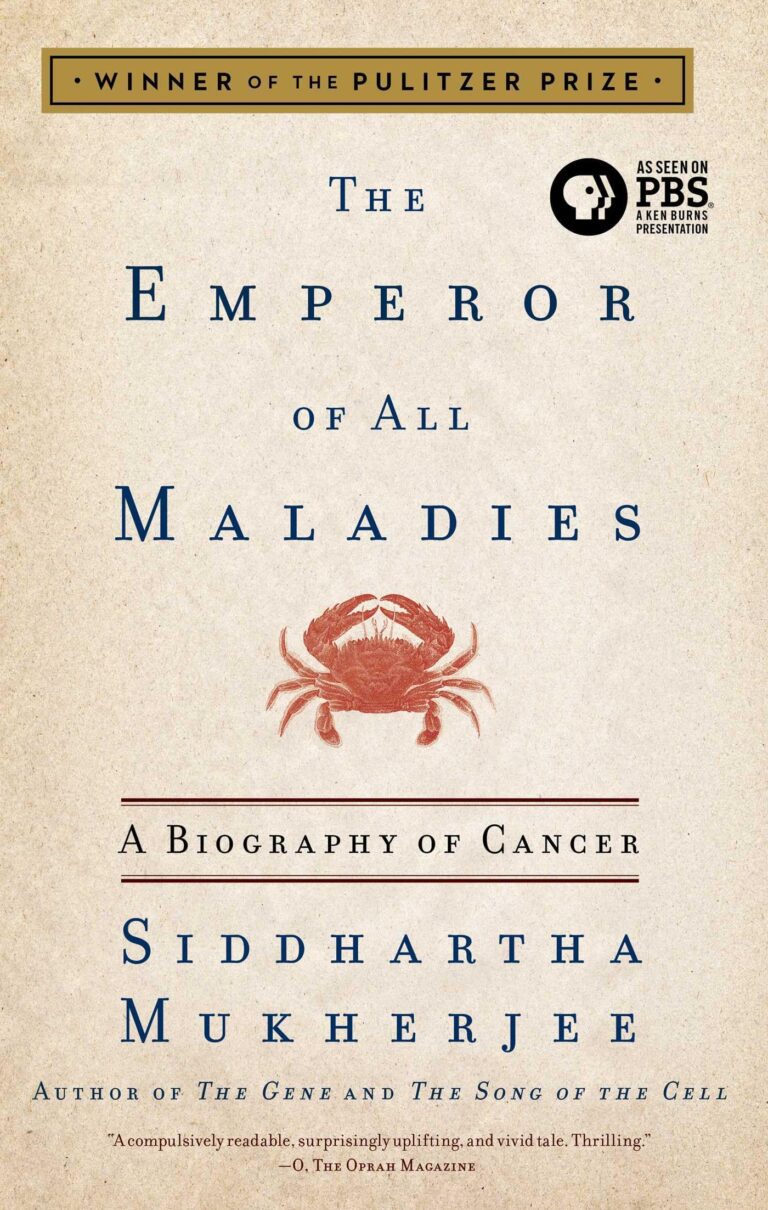
With advancements in medical biotechnology, genetic testing has emerged as pivotal in healthcare, serving as a cornerstone for diagnosis, planning treatment, making informed decisions, and understanding one’s health risks.
Detailed Explanation: What is Genetic Testing?
Breaking Down the Concept: Decoding the Genetic Testing
Genetic testing works by isolating DNA from your cells, then using laboratory techniques to read the genetic codes within your DNA. This process can reveal mutations that may lead to genetic disorders. It’s akin to reading a book to find typos that alter the story’s meaning.
Various Types of Genetic Testing
There are several types of genetic tests, including diagnostic testing, predictive and pre-symptomatic testing, carrier testing, prenatal testing, newborn screening, and pharmacogenomic testing. Each serves a different purpose and can provide valuable information about genetic health.
Behind the Scenes: How is Genetic Testing Performed?
Step by Step Analysis of the Process
The process of genetic testing involves collecting a DNA sample, extracting the DNA, analyzing the genetic material, and providing a detailed report of the findings. The DNA sample can be collected from the blood, hair, skin, amniotic fluid (for prenatal testing), or other tissue types.
Understanding Results: Interpreting Genetic Testing Outcomes
The results of genetic tests can often be complex and require professional interpretation. A positive result usually indicates that the person has a genetic mutation that is associated with a certain disease or condition. Whereas, a negative result means the person doesn’t have the specific mutation being tested.
Why is Genetic Testing Important?
Detection of Genetic Disorders
Genetic testing plays a significant role in the detection of genetic disorders, enabling clinicians to make an accurate diagnosis and select the most beneficial treatment.
Role in Fertility and Parenthood Decisions
Carrier screening, a type of genetic test, can identify individuals who carry genetic mutations that could potentially be passed on to their children. This information may be crucial for families or couples planning for pregnancy.
Impact on Treatment and Intervention Plans
Genetic testing can also guide therapeutic decisions by identifying which treatments are likely to be most effective or harmful based on individual’s genetic profiles.
Get to know us better
If you are reading this, you are in the right place – we do not care who you are and what you do, press the button and follow discussions live

Ethical and Emotional Implications of Genetic Testing
Navigating the ethical dilemmas
Although genetic testing has immense benefits, it also raises ethical issues such as privacy and confidentiality, potential discrimination, and informed consent. Healthcare professionals and genetic counselors can aid people in understanding these implications.
Emotional Considerations and Support
Understanding our genetic predispositions can also lead to emotional stress. It’s important for individuals and families seeking genetic testing to have access to psychological support and counseling.
Conclusion
Key Takeaways about Genetic Testing
With its capacity to forecast potential health risks, assist in disease diagnosis, and guide therapeutic approaches, genetic testing is revolutionizing healthcare. However, the ethical and emotional considerations remain crucial aspects to manage.
Future Trends in Genetic Testing
As technology advances, we foresee a time when each person’s genetic makeup can be quickly and affordably sequenced, interpreted, and used to guide healthcare throughout life.
Frequently Asked Questions (FAQs)
- What are the risks and limitations of genetic testing?
Generally, genetic testing poses minimal physical risk. However, it may carry emotional, social, or financial consequences or lead to potential discrimination based on genetic information.
- Can Genetic Testing predict future health conditions?
Yes. Depending on the type of testing, a variety of diseases or conditions can be predicted, including certain cancers, neurodegenerative diseases, and genetic disorders.
- Who should consider having Genetic Testing, and why?
Individuals with a family history of certain diseases, couples planning a family, or those showing symptoms of a genetic disorder should consider genetic testing. It helps predict, diagnose, or even manage certain health conditions.
- How reliable is Genetic Testing?
The reliability varies with the type and quality of the test, and the specific gene mutation being tested. It is generally highly reliable under ideal conditions.
- Does insurance typically cover Genetic Testing?
Insurance coverage for genetic tests varies widely. It often depends on the type of test and individual insurance policies. It’s always best to check with your health insurance provider.

















Comments
Thank you. Comment sent for approval.
Something is wrong, try again later